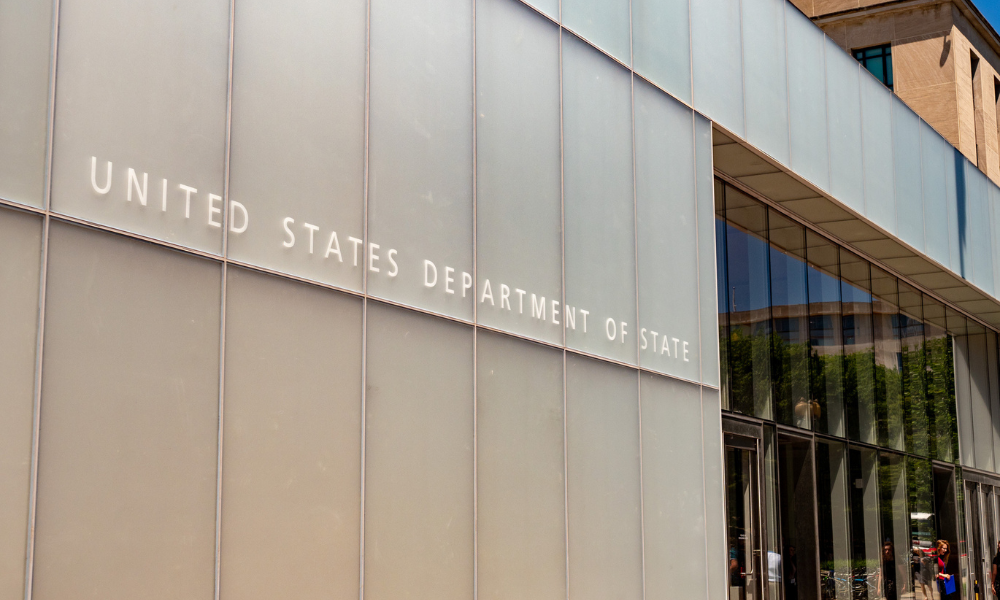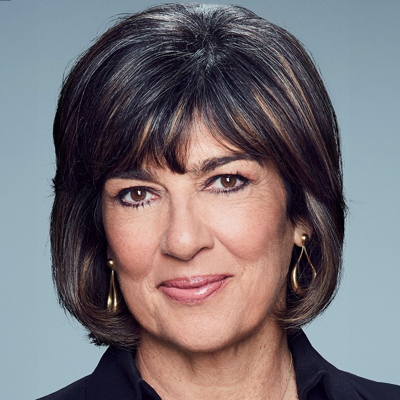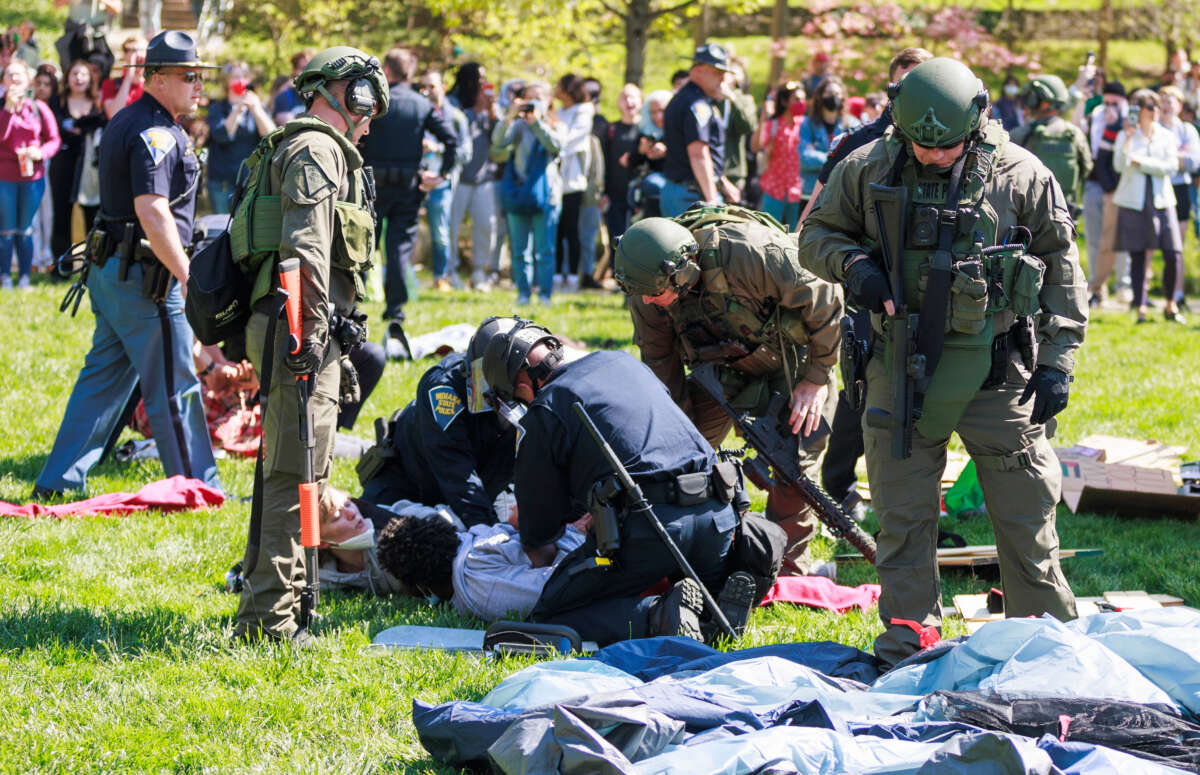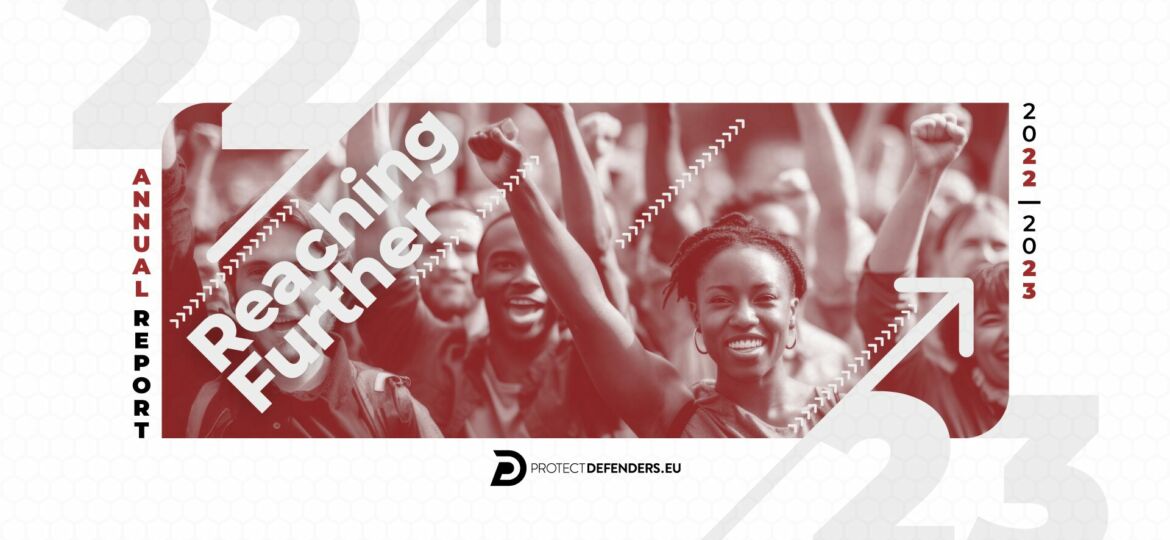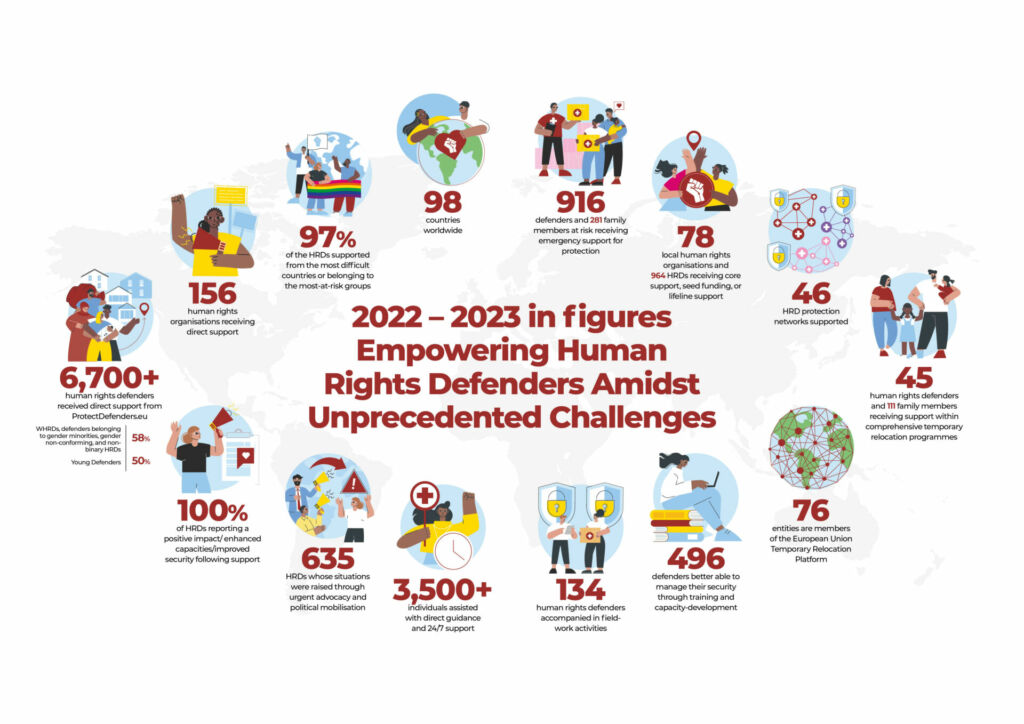
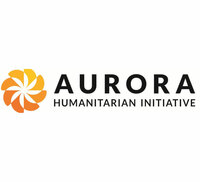
On 10 May 2024, the Aurora Humanitarian Initiative announced that eighth Aurora Prize for Awakening Humanity was awarded to Dr. Denis Mukwege, a world-renown gynecological surgeon and human rights activist from the Democratic Republic of the Congo (DRC). Dr. Mukwege is the president of Panzi Hospital and Foundation in the DRC, which he founded in 1999 to address the systemic issue of maternal healthcare and maternal mortality. Amidst ongoing conflict and critical healthcare needs stemming from war, the hospital has become one of the world’s pre-eminent treatment centres for survivors of sexual violence in conflict. Dennis Mukwege is one of the most recognized HRDs in the world, as shown by the 14 human rights awards already received [see: https://www.trueheroesfilms.org/thedigest/laureates/30515CB2-A763-412A-B61D-549E71306CD4]
In recognition of his courageous work and dedication to improving human rights for all, the Aurora Prize Selection Committee revealed their decision after conferring during a three-hour closed session. The Laureate receives a $1,000,000 award and a chance to continue the cycle of giving by supporting local grassroots leaders helping people in need. See also: https://humanrightsdefenders.blog/tag/denis-mukwege/
“Dr. Mukwege has dedicated his life not only to caring for women and girls suffering from the brutality of sexual violence, but also fiercely advocating for their rights,” said Dr. Noubar Afeyan, Co-Founder of the Aurora Humanitarian Initiative. “Aurora is honored to support Dr. Mukwege’s mission to help those in need, demand justice for the victims of sexual violence in war, and bring the perpetrators to justice.”
Guests at the Aurora Prize Ceremony also honored the contributions of two other shortlisted Aurora Humanitarians: Abdulhadi Al-Khawaja, a human rights advocate who has been fearlessly defending the most vulnerable communities in Bahrain and the MENA region, and Nasrin Sotoudeh, a prominent Iranian human rights defender.
